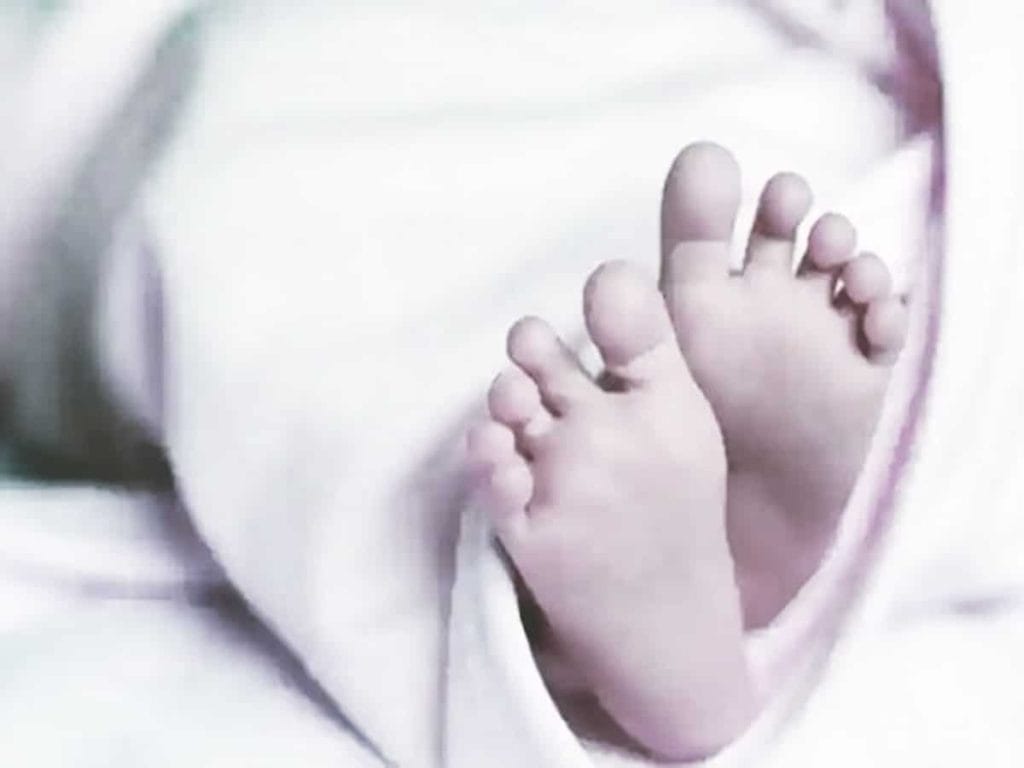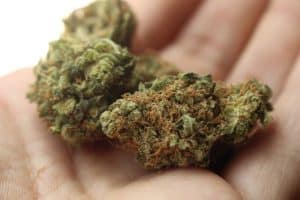Hyderabad: A partial shutdown was observed across the Old City areas on Wednesday to mark the anniversary of the demolition of Babri Masjid. Shops and commercial establishments were shut in some pockets, including Charminar, Yakutpura and Chandrayangutta, while there was a thin traffic movement in those areas.
Some shopkeepers opened their establishments later in the day while other continued to observe a shutdown. Some locals in Yakutpura said that they observed the shutdown after Majlis Bachao Tehreek spokesperson, Amjadullah Khan, called for observing December 6 as ‘black day’.
Meanwhile, a large number of women from the Muslim community held special congregation prayers in Saidabad in view of Babri demolition anniversary on Tuesday, December 5.
Brief history of Babri Masjid
The Babri Masjid was built in the 16th century in 1528 in Ayodhya by Mir Baqi, under the Mughal emperorship Babur. Ayodhya, the birthplace of Lord Rama, is considered one of the holiest places for Hindus worldwide.
In 1947, when India was established as an independent nation, a local court ruled that the Sunni Waqf Board had more control over the Babri Masjid as compared to the Shia Waqf Board.
From 1950 to 61, many suits were filed by both Hindu and Muslim parties to the court allowing them to pray inside the disputed land.
As years passed by, the argument between the Hindus and Muslims about the ownership of the land remained. In 1984, the Ram Janmabhoomi movement gathered momentum under the leadership of Bharatiya Janata Party (BJP) leader LK Advani and the right-wing organisation Vishwa Hindu Parishad (VHP).
In September 1990, Advani started the infamous rath yatra that began from Somnath to Ayodhya. He was eventually arrested in Samastipura, Bihar, by the Lalu Yadav government. VHP leader Ashok Singhal was also arrested.
December 6, 1992, saw modern-day history’s darkest hours as lakhs of Hindus kar sevaks reached the mosque and started destroying it. Within hours, the work was done. That evening, many Muslim households in Ayodhya were attacked leading to death and the destruction of property. The riots spread across the country where Mumbai reported 2,000 deaths.
On December 16, 1992, the Liberhan Commission was set up to investigate the event. The report was submitted 17 years later in 2009. It accused several BJP leaders like Atal Bihari Vajpayee, L K Advani, Murli Manohar Joshi, Kalyan Singh, Pramod Mahajan, Uma Bharti and Vijayaraje Scindia, and VHP leaders like Giriraj Kishore and Ashok Singhal and Shiv Sena chief Bal Thackeray and former RSS leader K. N. Govindacharya culpable in the demolition of the mosque.
In November 2019, the Supreme Court of India pronounced its “unanimous” verdict of the long-going dispute in the favour of the Hindu community stating that the disputed land, where the Babri Masjid once stood, would be given to them.
In August 2020, when the world was reeling under the COVID-19 virus, a bhoomi pujan of the Ram Mandir was conducted by Prime Minister Narendra Modi laying the foundation stone.
On September 2020, a special CBI court acquitted all 32 accused in the Babri Masjid demolition, including L K Advani, the epicenter of the riots.







